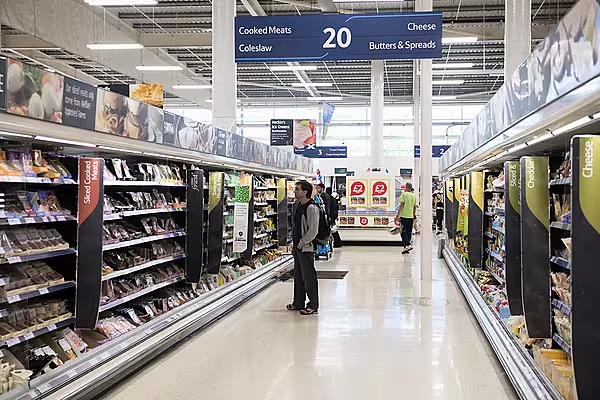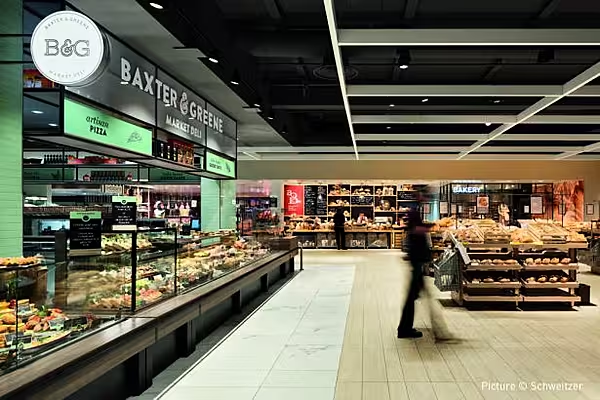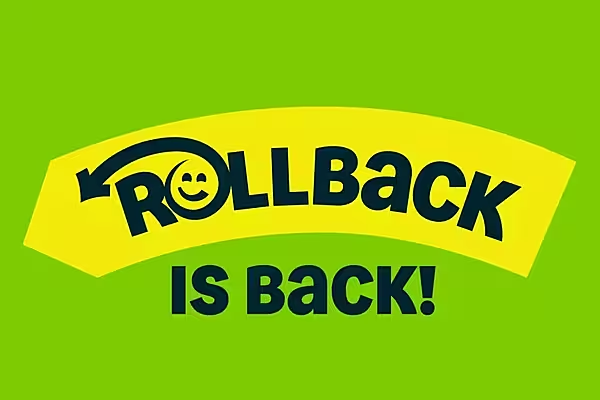Tesco has posted group sales of £56.5 billion (€64.1 billion) in its full year to 29 February, a 1.0% decline, with its UK and Ireland sales seeing a marginal (0.2%) increase.
Commenting on its performance, chief executive Dave Lewis said, “We have focused on serving customers better, re-engaging our colleagues, completely resetting our relationships with our suppliers and as a result we have been able to add value for our shareholders."
Here's how leading retail analysts viewed its performance:
Russ Mould, AJ Bell
“The latest results from Tesco are a reminder that the surge in demand (or less politely panic buying) which the supermarkets have seen in recent weeks has significant costs as well as benefits.
“Eye-catchingly, these costs, of recruiting and training new staff and bringing on additional delivery capacity, could ultimately total close to £1 billion – though they may be offset by business rate relief, ‘prudent management’ and an uplift in sales.
“Growth is only really relevant if it is profitable and the 30% surge in sales in recent weeks may have been more of a headache than the boost it might superficially have appeared to be.
“The company’s banking operations also look set to be a drag on the group in the year ahead with interest rates on the floor and the likelihood of an increase in bad debts thanks to the coronavirus hit to the economy. The wider business will not be immune to this either as consumers likely dial back their discretionary spend.
“There is some comfort food for investors as the dividend looks set to be maintained and is actually a bit ahead of what was expected. Departing CEO Dave Lewis also hit his margin target for the year to February too.
“And Tesco is still better placed than many other businesses as demand for the food and essentials will continue through the current period of economic stasis.”
Clive Black, Shore Capital
"In October 2016, Dave Lewis, the man who saved Tesco, confirmed that the business was out of the survival ward and that it was entering a period of convalescence that he aspired would lead to a Group that would deliver margins of 3.5-4.0%, cut costs by £1.5 billion and produce £9 billion of cash generation.
"'Dangerously', he not only issued a margin range target, he also gave a date for delivery, February 2020. What could possibly have gone wrong?
"Well, in the interim we have had the fall-out of the UK's vote to leave the EU, one of the most dysfunctional British Governments ever under the feckless Theresa May and then the truly useless parliament until the General Election of December 2019.
"All of these major macro-political matters represented a far from ideal backdrop for Mr Lewis to see through his plans. And so, amidst yet another crisis, perhaps the greatest of them all, that is Coronavirus, with this set of FY2020 preliminary results, Mr. Lewis' last as the Group's CEO, we can definitely congratulate him on mission accomplished albeit COVID-19 brings a notable sting in the tail."
Steve Miley, www.asktraders.com
"Tesco warned that it could take a hit of up to £925 million due to the impact of ramping up recruitment and distribution during the COVID-19 outbreak. It said this morning that panic buying had reduced and service levels were returning to normal, as it published its full-year results.
"In the full-year to the end of February the grocer suffered a one per cent slump in group sales to £56.5 billion and operating profit before exceptional items was £2.95 billion, an increase of 13.5%.
"It is likely that sales from this pandemic will boost the retailer in 2020 and as normality resumes Tesco will come out of this stronger than ever."
Bruno Monteyne, Bernstein
"Tesco called out £650 million to £925 million of additional costs relating to payroll, distribution and store expenses.
"Furthermore, they are expecting losses at Tesco Bank, which would be £200m+ reduction in income, as well as the loss of HoReCa customers are Booker. Those appear like material headwinds, but the offsetting factors to this will be the additional sales from the COVID-19 demand surge (which they have said has since tailed off), as well as a business rates suspension (around £700 million last year). They expect all the negatives (excluding the bank) to be offset by business rate windfall and extra sales demand.
"The overall judgement is positive because (1) material beat on below EBIT lines, which will have to be carried forward, (2) no doomsday worries playing out. Coronavirus is neutral impact on retail, but a one-year hit in banking profits. Net EPS impact neutral going forward."
© 2020 European Supermarket Magazine – your source for the latest retail news. Article by Stephen Wynne-Jones. Click subscribe to sign up to ESM: The European Supermarket Magazine.













